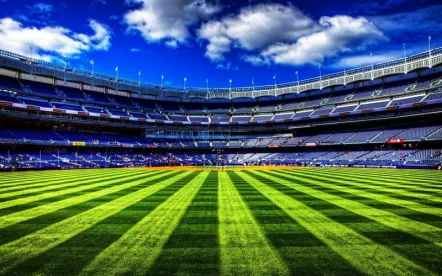A California federal judge has dismissed a putative class action alleging Major League Baseball and Commissioner Bud Selig violated federal antitrust law by conspiring to restrict the salaries of minor league players. Miranda et al. v. Office of the Commissioner of Baseball et al., No. 14-cv-05349 (N.D. Cal. Sept. 14, 2015).
The plaintiffs accused all 30 Major League teams and Commissioner Selig of colluding to limit minor league players’ salaries at below-market rates by agreeing to a uniform, league-wide salary scale for minor league players and artificially reducing the size of signing bonuses that entry-level players receive under MLB’s domestic and international signing bonus pool rules. They also challenged the legality of the “reserve clauses,” a common contractual provision that prevents a player from signing with another team for a period of time after the expiration of the player’s contract, asserting such mechanisms deny minor league players “the freedom of movement available to players in virtually all other professional sports.”
U.S. District Judge Haywood S. Gilliam, Jr., dismissed the suit, finding the antitrust exemption, which has been applied to MLB in several cases, also applies to the employment of minor league players.
MLB has historically been granted a unique exemption from federal antitrust law, created by the U.S. Supreme Court in 1922, Federal Baseball Club v. National League. Chief Justice Oliver Wendell Holmes ruled that baseball was not interstate commerce, but were exhibitions exempt from antitrust laws. The Supreme Court confirmed the antitrust exemption for MLB in 1972 and followed by other courts since. (Most recently, the Ninth Circuit affirmed the exemption in City of San Jose et al. v. Office of the Commissioner of Baseball.)
To distinguish their case from similar suits against MLB, the Miranda plaintiffs’ complaint emphasizes that their suit is the first to allege antitrust allegations with respect to the pay scale for minor league players.
Judge Gilliam rejected that argument and granted MLB’s motion to dismiss, holding that “baseball’s historic antitrust exemption bars antitrust claims arising from Plaintiffs’ employment as minor league baseball players.”
Judge Gilliam concluded MLB’s minor league pay practices were clearly encompassed by the antitrust exemption:
There can be no reasonable dispute that the alleged restrictions on the pay and mobility of minor league baseball players fall into the articulation of the antitrust exemption recognized in City of San Jose, which applies broadly to the ‘business of providing public baseball games for profit between clubs of professional baseball players.’
Judge Gilliam pointed out that change of the plaintiffs’ economic circumstances must come from the Supreme Court or Congress.
In short, Plaintiffs have a persuasive policy argument that the Defendants should not be afforded carte blanche to restrict the pay and mobility of minor league players without answering to the federal antitrust laws that apply to the employment of major league baseball players and, for that matter, all other professional sports leagues. But that policy argument must be made to Congress or the Supreme Court.
As of this writing, it is unknown whether the Miranda plaintiffs will appeal Judge Gilliam’s decision.





 />i
/>i
